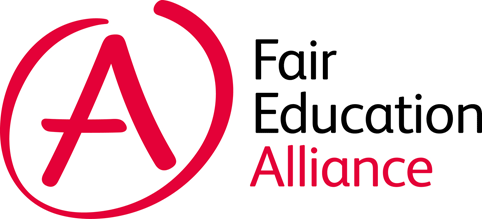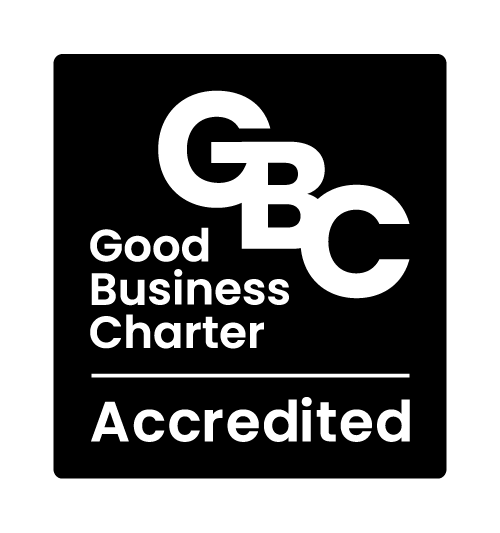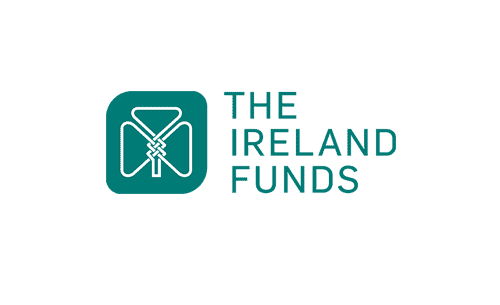The National | Palestine-Israel history taught in fewer than one in 50 UK schools
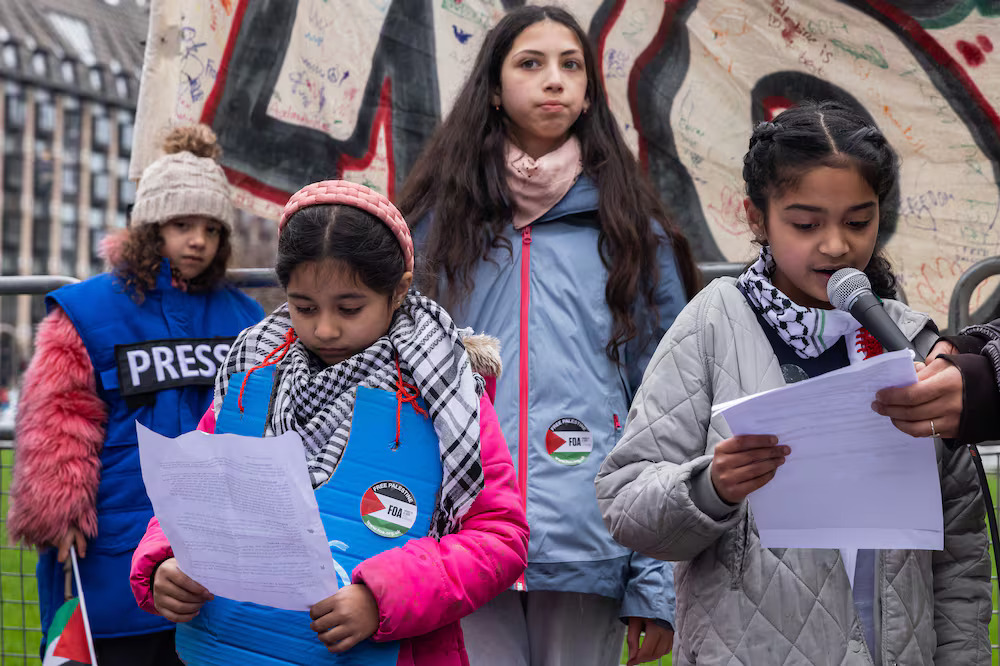
The National looks at growing calls to teach the history of the Israel/Palestine conflict in British schools
Times Radio | Interview with our founder Michael Davies

Parallel Histories’ founder Michael Davies discusses our unique approach to teaching history with Ayesha Hazarika on Times Radio
The Jewish Chronicle | Children should learn about war in school not TikTok
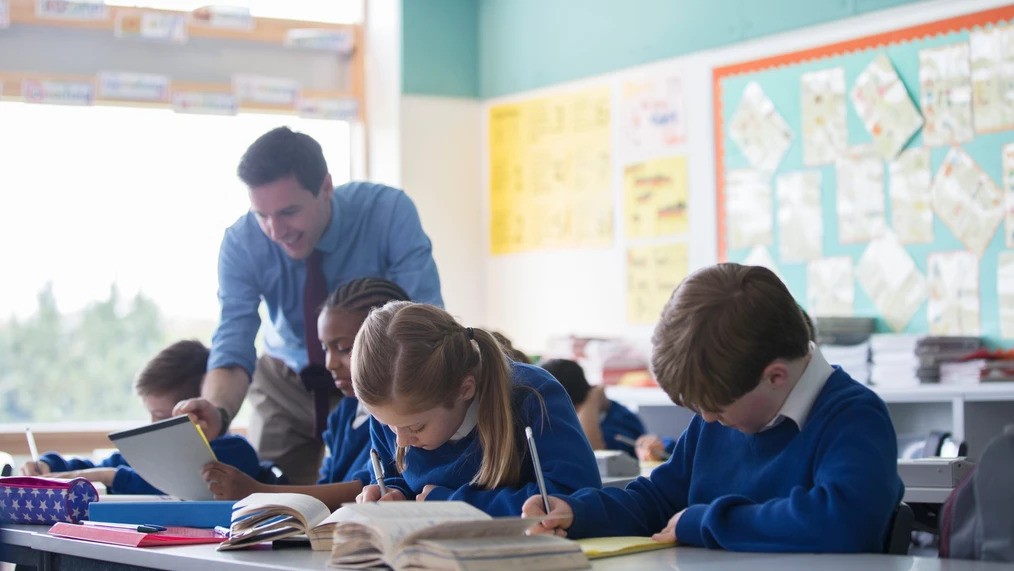
The Jewish Chronicle reporting on how our dual narrative methodology has been implemented in both Jewish and predominantly Muslim schools
Human Rights Watch | How Can Europe Make Human Rights of Jews Count?
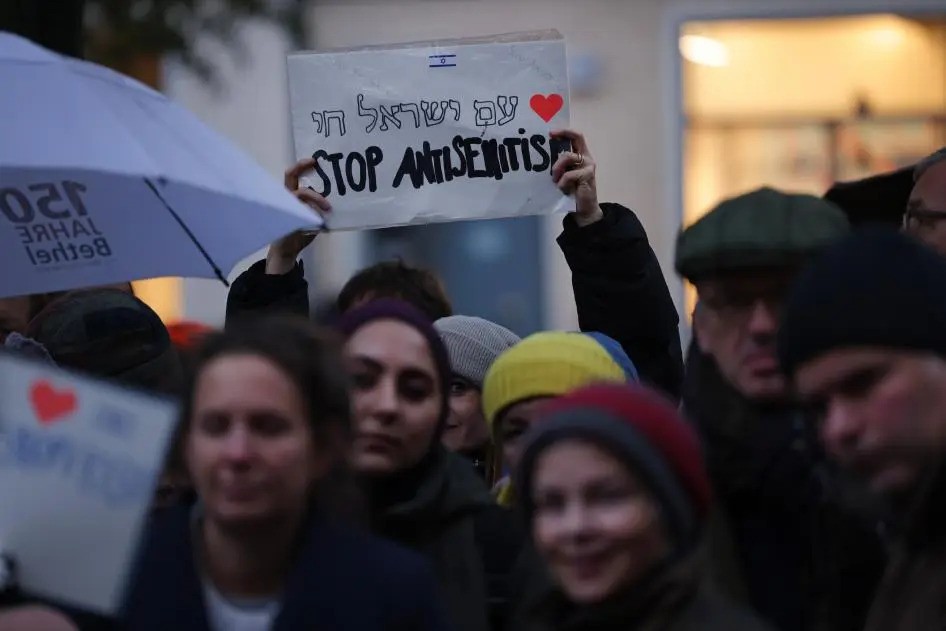
Our work and approach continues gain traction; here’s a new endorsement published by Human Rights Watch
The National | Gaza-Israel tensions rise for UK pupils who claim schools shut down topic
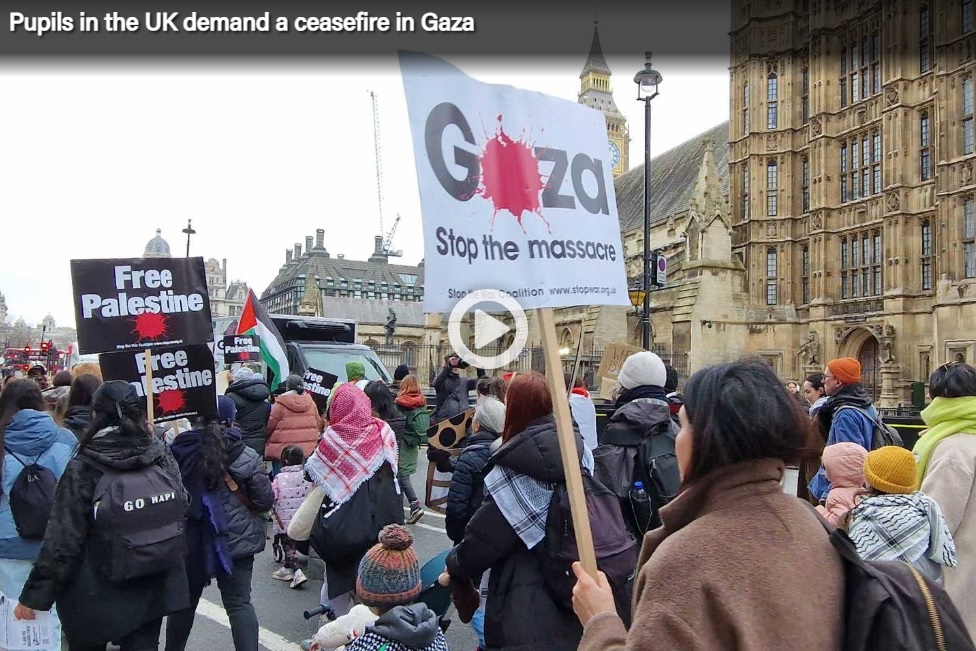
Interesting article in the state owned newspaper for UAE about how the Israel Gaza war is being taught or not taught in UK schools
Schools in England block lessons on Middle East over fears of bias claims
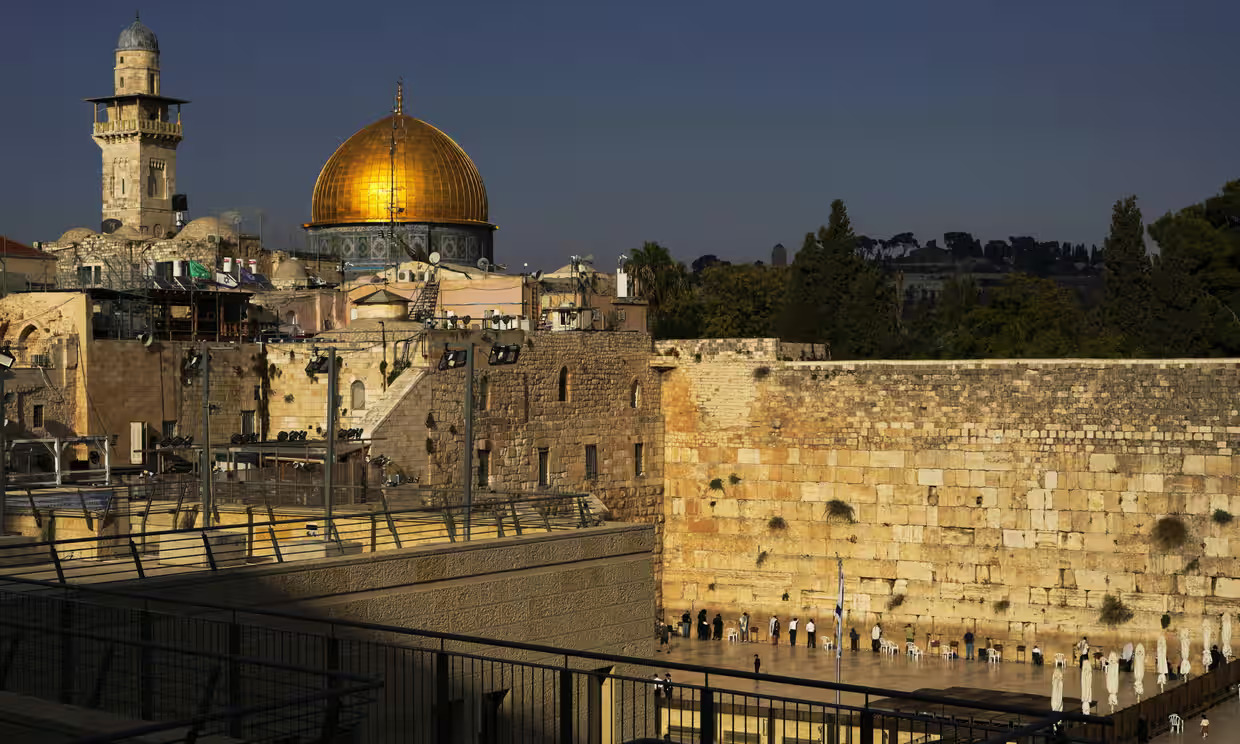
Teachers say pupils losing out on learning about history of Israel-Palestine conflict due to worries about ‘bad publicity’
History Ireland | Parallel Histories- an innovation in history teaching
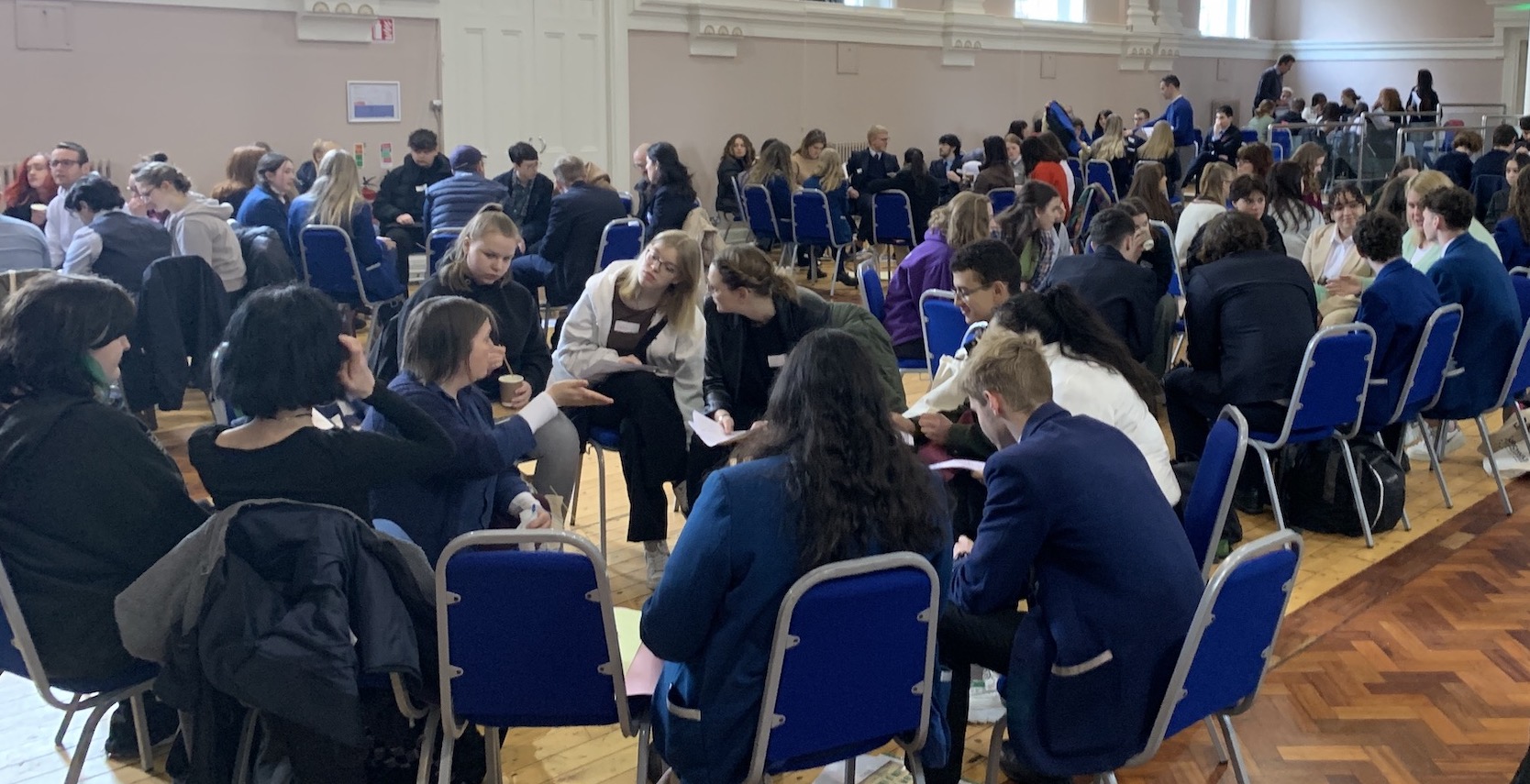
We are very pleased that History Ireland, one of, if not the best English language history magazines in the world, ran a piece about our work.
BBC Newsline | Less Christian focused religious education, no daily act of worship, and community rather than religiously segregated schools.
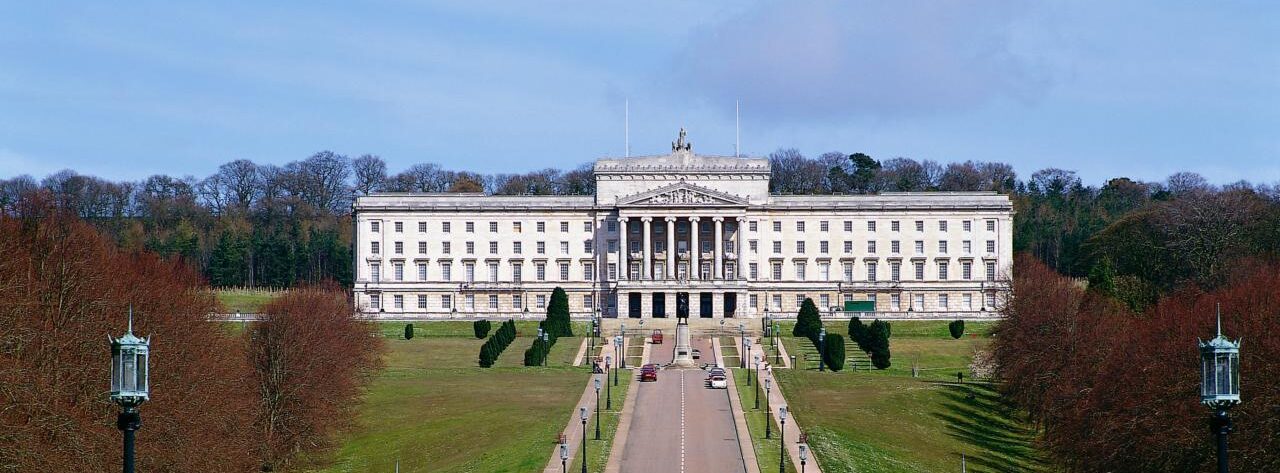
TES | Experts hope new Israel-Palestine resources will give history teachers confidence

A twice-pulled GCSE textbook on Middle Eastern history has now been replaced with a ‘dual narrative’ resource
The Jewish Chronicle | The challenge of teaching about Israel
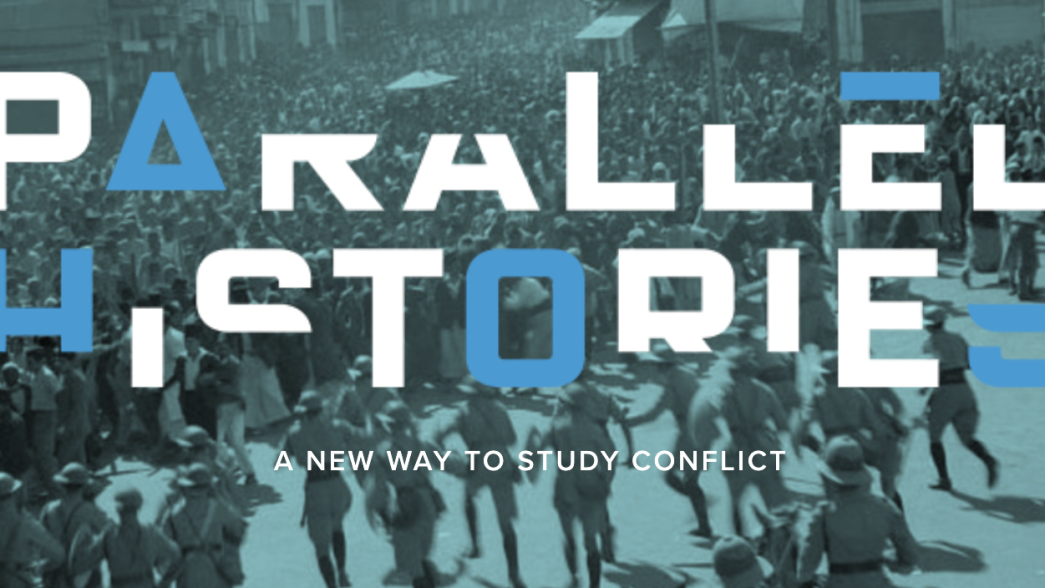
Schools must distinguish between education and advocacy
TES | Political neutrality guidance: How teachers have reacted

Some teachers have called the guidance ‘positive’, but others have questioned whether schools actually need it
Glasgow Evening Times | Lourdes Secondary and Toronto pupils debate legacy of Henry Dundas in Glasgow
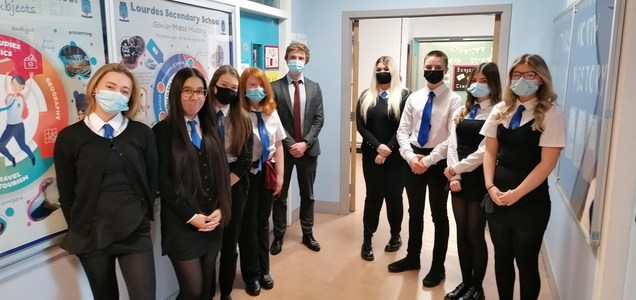
“Pupils argued the question of whether he helped or hindered the slave trade in a project run by Parallel Histories, an educational charity promoting new ways to study conflict.”
The Corrymeela Podcast | Michael Davies of Parallel Histories
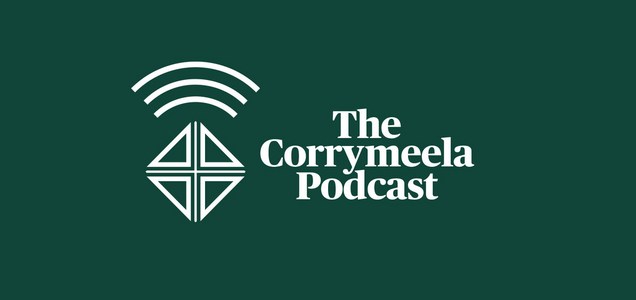
“This episode of the Corrymeela features Michael Davies. Michael is the founder and director of Parallel Histories, a UK educational company that offers new ways to study the history of conflict. In this conversation we consider the ways history is taught in Britain, how the crisis of narration can be possibility, and how religion education would benefit by being taught through historical approaches, not only doctrinal ones.”
The Northern Times | Farr pupils debate Dundas legacy
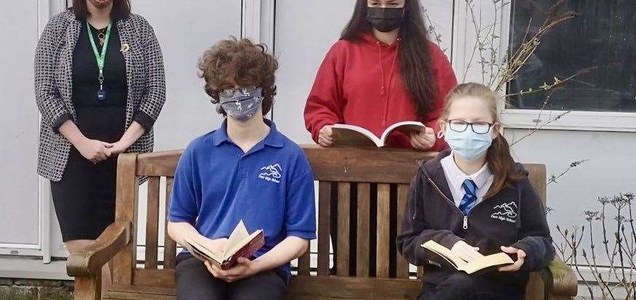
“History students at Farr High School are examining the impact the 18th century politician Henry Dundas had on the slave trade. The pupils are taking part along with other schools in the UK and Canada, in a project run by Edinburgh based educational charity Parallel Histories, which promotes a new way to study conflict.”
The Irish Times | Three different versions of our shared history being taught on the island
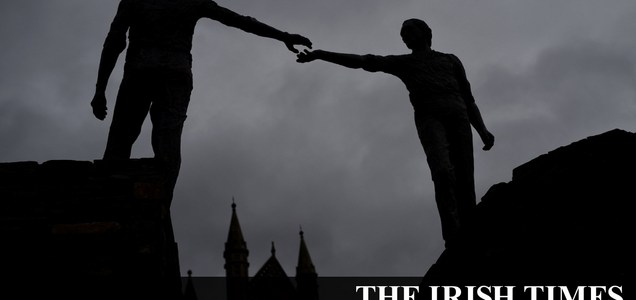
“Segregated education continues to dominate the school systems in the North, in tandem it seems with segregated history. Earlier this year a survey by Parallel Histories (a charity that aims to find new ways of teaching about recent conflicts) revealed a disparity between which period of history is being taught in Northern secondary schools divided down religious lines.
EuroClio | Parallel Histories: An Interview
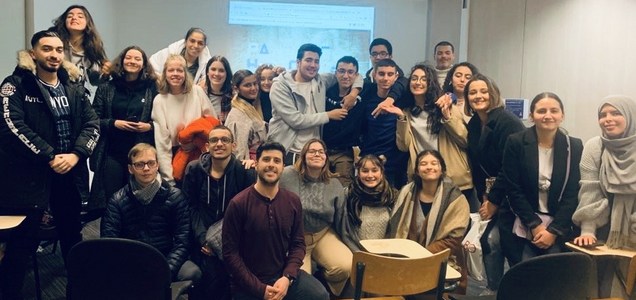
Across Europe, history teachers are grappling with the subject of how to handle controversial history in the classroom. At EuroClio we like to keep an eye on educational innovations, and we were delighted to e-meet with Michael Davies (UK) and Theo Cohen (France) to talk about Parallel Histories, a UK educational charity which aims to change the way we study the history of conflict.
BBC News | GCSE history: NI teachers reject criticism of lessons
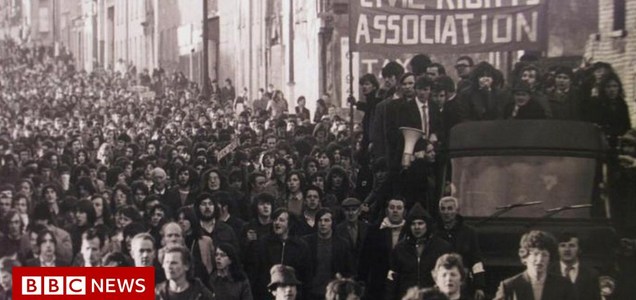
Some NI history teachers respond to Parallel Histories’ report on how history is taught in Northern Ireland. Parallel Histories criticised “the educational establishment that has allowed this situation to perpetuate”.
BBC Radio Ulster | Northern Ireland History Curriculum Reform
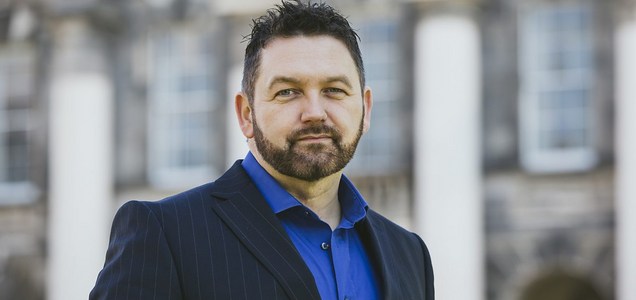
Michael Davies joined Enda McClafferty on BBC Radio Ulster’s Talkback to present Parallel Histories’ research into the effect of sectarian education on history teaching. Michael’s presentation and the subsequent debate begins at 1.06.10.
The Guardian | Is the curriculum dividing Northern Ireland’s schools along Troubles lines?

“According to Parallel Histories, a charity that aims to find new ways of teaching about recent conflicts, children studying the earlier period of 20th century history never learn that institutionalised discrimination against Catholics was written into the fabric of Northern Ireland’s laws since its creation in 1921. For those studying the later period, however, this is spelled out on the first page of the coursebook. Michael Davies, the charity’s founder, has been working with schools in Stoke-on-Trent and in Lancaster to help them find out which of the units Northern Irish schools teach. They found a definite bias along denominational lines: four out of 10 Protestant schools for which data was available taught the earlier unit, compared with just one in 10 Catholic schools.”
Drogheda Life | Sacred Heart debate Conflict Resolution and Parallel Histories
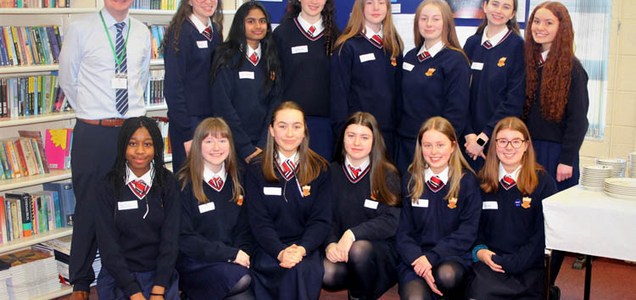
Sacred Heart Secondary School hosted a unique school event on Thursday last, 5th March as part of the Erasmus-funded ‘Parallel Histories’ programme in which 22 Transition Year students have been learning about, debating and teaching the school’s younger students about the contested histories of Israel and Palestine and the conflict between those two countries.
The Jewish Chronicle | An alternative approach to Middle East history | Simon Rocker
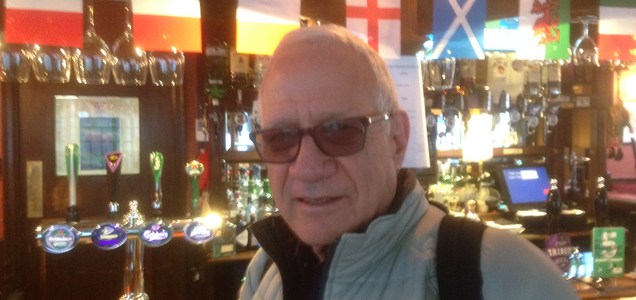
Jewish and Muslim students come together for an educational session that encouraged students to look at the Middle East conflict from a perspective they might have been unfamiliar with. “It should be the only way the Middle East conflict is taught” said Eyal Naveh, pioneering Israeli history professor, and special guest at the session.
BBC Radio 4 | Sunday, Cremations in Bali, Teaching the history of the Middle East, Why wear the burka?
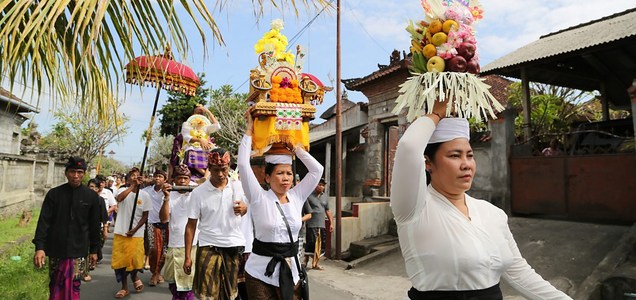
Why do some Muslim women wear a burka when others feel a simple headscarf is enough to be compatible with their Islamic values? Mona Siddiqui and Fatima Barkatulla discuss. Hundreds of people have died after a devastating earthquake hit the Indonesian Islands of Lombok and Bali this week.
The Jewish Chronicle | Muslim and Jewish students learn new approach to Middle East
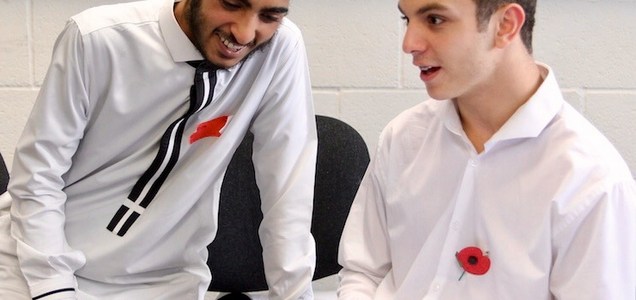
What happened when boys from a Muslim academy went to JCoSS? “If you said to most people we should get a bunch of Muslim students from an Islamic school and a bunch of Jewish students together and sit them down to debate Israel and Palestine,” said Michael Davies, “I think there would be a very sharp intake of breath.”
The Guardian | The Islamic school that ensures its boys understand the Israeli point of view
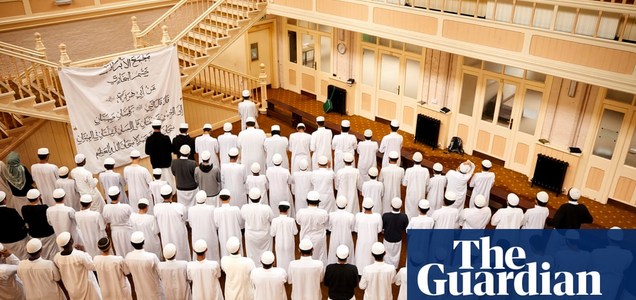
The private Abrar Academy is pioneering a groundbreaking method of teaching the history of the Israel/Palestine conflict
The Guardian | Exam boards drop Israel-Palestine from syllabus as schools fight shy of conflict
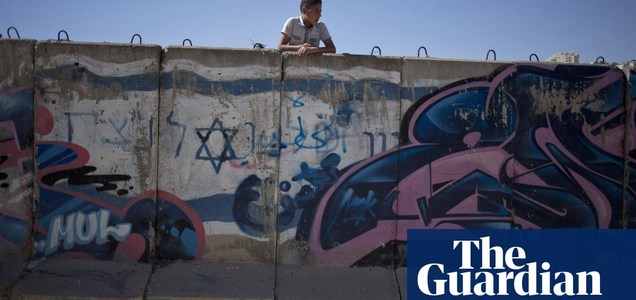
In 2014 history teacher Michael Davies took a group of his GCSE and A-level students on a field trip to Israel and Palestine. For the first half of the week they immersed themselves in the story of Israel and the tragedy of the Holocaust; for the second they visited the West Bank and played football with boys in a refugee camp.
The Guardian | The Jewish story, the Arab story … and a plan by Mr Davies
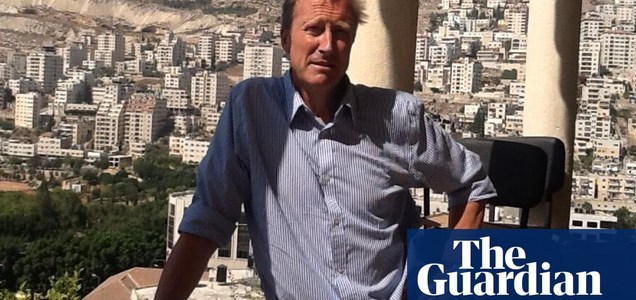
Last year, I took a group of my history students to Israel and the West Bank. It was a terrific success. We spent three days in Israel visiting the Yad Vashem Holocaust memorial, meeting a documentary maker and a senior civil servant in prime minister Binyamin Netanyahu’s office, before crossing to the West Bank, where we walked through the disputed areas of Hebron, visited Bethlehem and played football with the boys in a Nablus refugee camp.
The Jewish Chronicle | A new way to teach the Arab-Israeli conflict
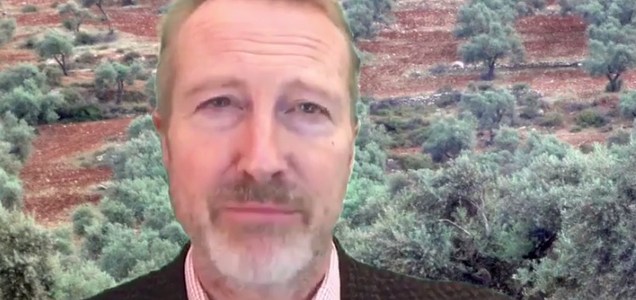
It may be the centenary of the Balfour Declaration this year, but how many British schoolchildren could say what it is? Despite extensive media coverage of the Israeli-Arab conflict, teaching of it has declined in the UK. According to the Guardian, three out of five exam boards in England, Wales and Northern Ireland, have dropped it from their GCSE syllabus since 2014.
The Jewish Chronicle | Just 27 schools take GCSE Israel option
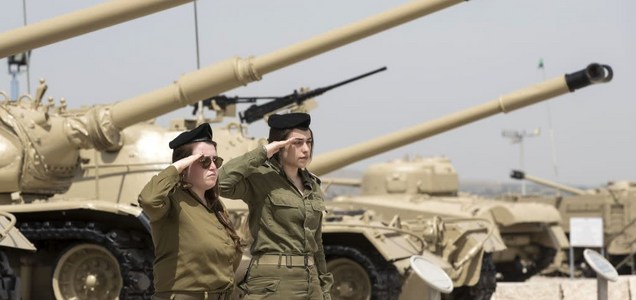
“Whether the political sensitivities around the subject are leading schools to shy away from it is open to question. But one teacher who believes there is certainly interest in it is Michael Davies, founder of the Parallel Histories project, which has created online teaching resources that explore events from both the Israeli and Palestinian points of view.”
The Guardian | ‘Serious concerns’: UK education row as Israel-Palestine textbooks pulled
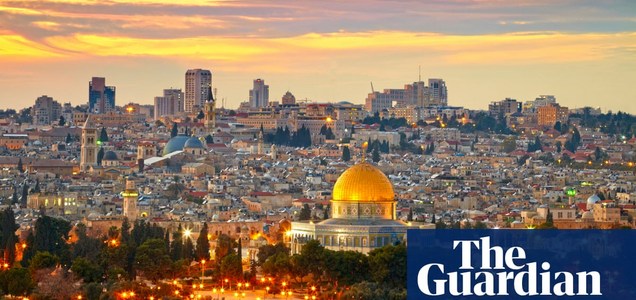
“Parallel Histories provides a scheme of work used by 200 schools, among them Huddersfield grammar school, which gets students to debate the conflict from both sides, increasing their oracy skills along the way.”
